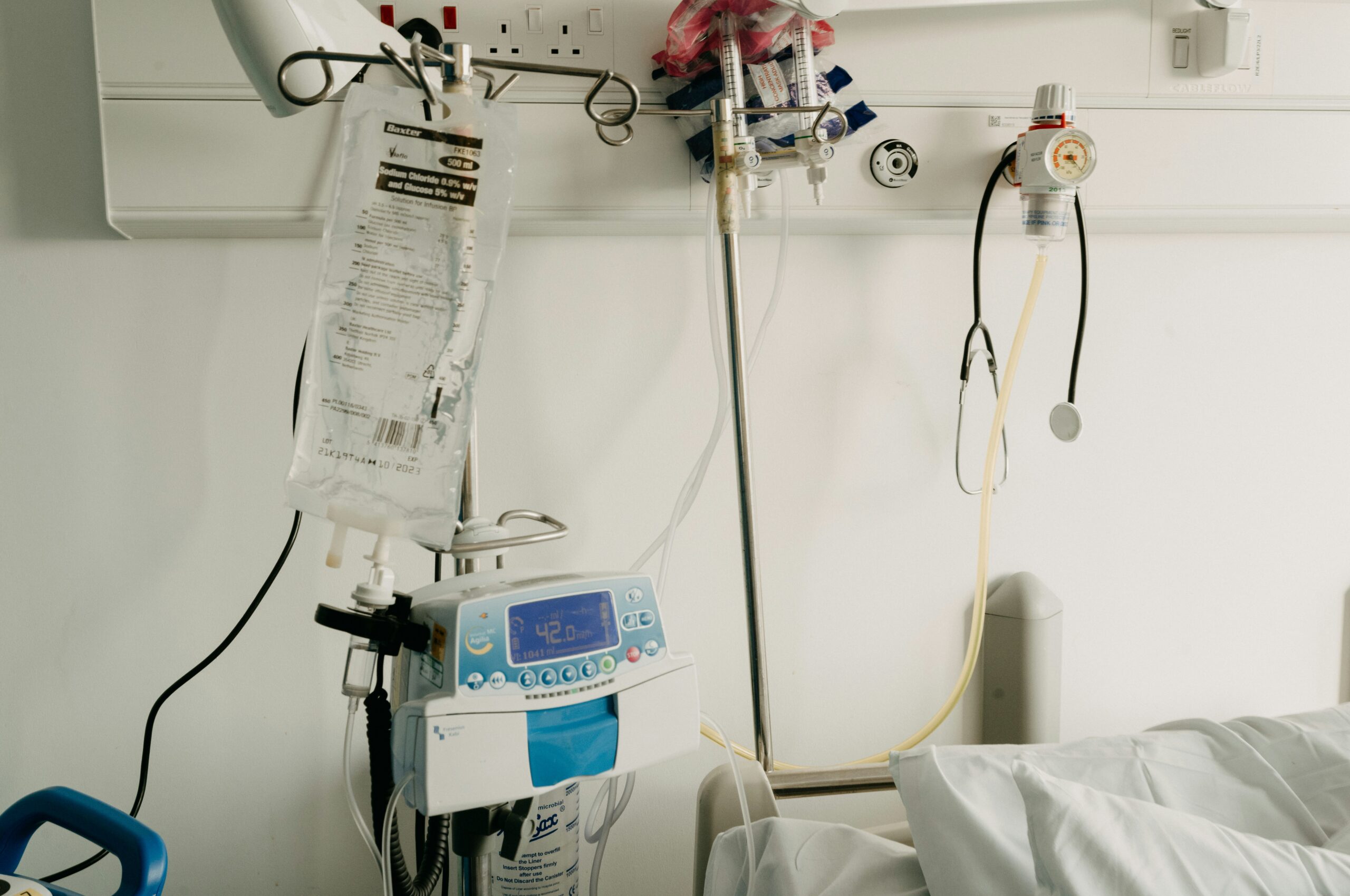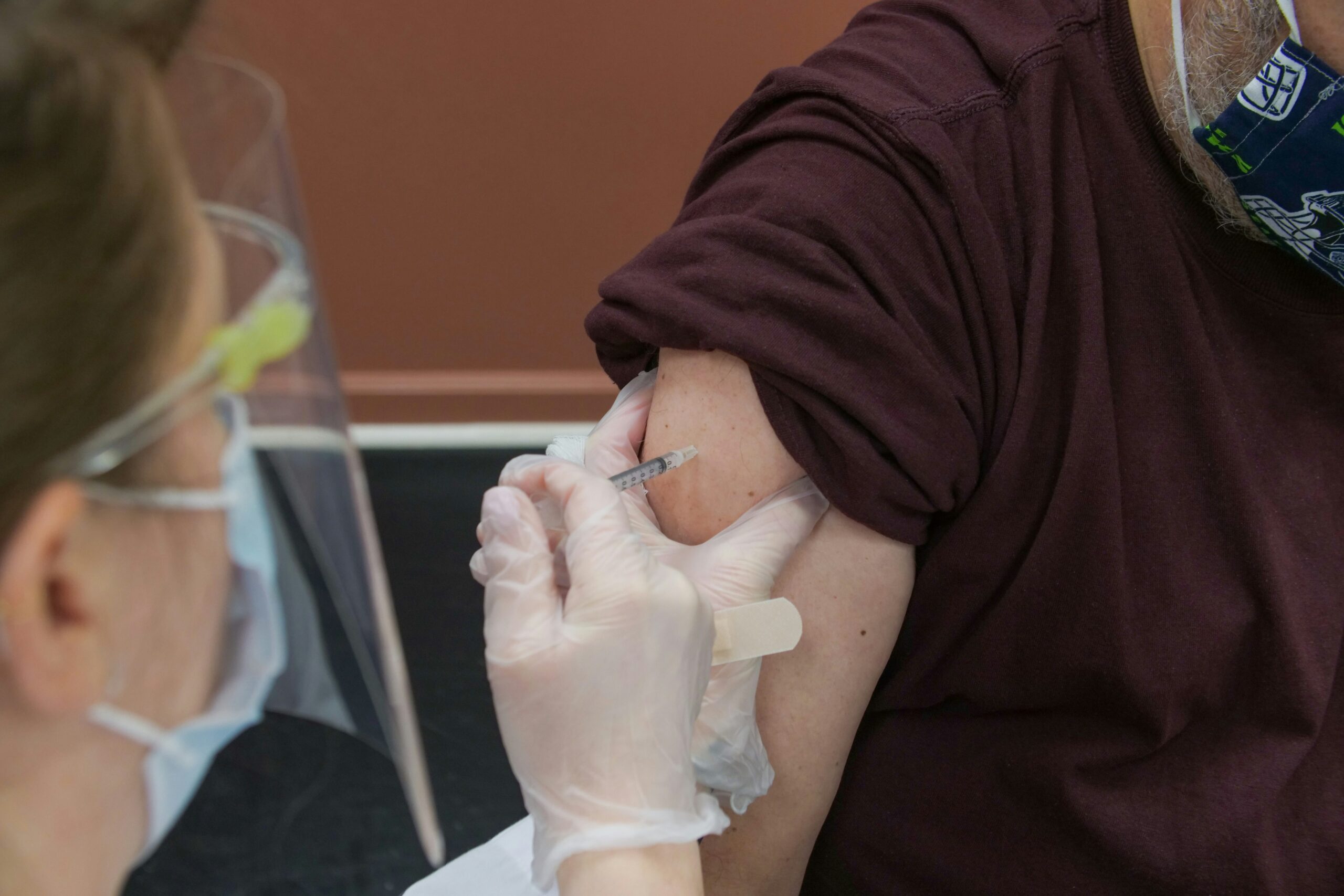Recognizing the need for addiction recovery is often challenging, especially when you’re looking at yourself or a loved one. It’s not uncommon to overlook signs and warnings of substance abuse. One way to combat this is to make sure you’re fully aware of what these signs are and what to do when you notice them.
Some common signs that addiction recovery might be needed include:
- Experiencing relationship issues related to substance use
- Noticing an increased tolerance
- Losing interest in hobbies
- Experiencing severe withdrawal symptoms when not using, such as nausea, vomiting, and seizures.
- Changes in appearance, like weight loss or weight gain
- Depression and thoughts of suicide
- Cravings for the substance
- Spending time with a different group of friends
- Decreased performance at work or school
These are just some of the many signs that might indicate the need for professional treatment for yourself or a loved one. Once you begin to notice these signs, it’s important to take the next step to get the treatment that is needed.
Determining The Type of Treatment You Need
Seeking treatment for addiction is a significant first step towards recovery. Understanding the type of treatment that best suits your needs is crucial for a successful outcome. Below are some of the key factors to consider when determining your path to recovery.
Addiction Treatment vs Counseling
Both addiction treatment and counseling play vital roles in recovery but cater to different needs. Addiction treatment typically involves a comprehensive approach, including medical intervention, detox, therapy, and support groups, tailored to individuals with a severe addiction or those who have tried to quit before but have been unable to. This is often done in an inpatient setting.
Counseling can be an important aspect of treatment, and for some, it might be enough to get them started on their path to sobriety. For individuals who haven’t been using the substance for very long, this might be sufficient. Deciding between the two depends on the severity of the addiction and the level of support required.
Criteria for Needing Detox
Detox is typically the first step of substance abuse treatment, designed to eliminate all traces of drugs and alcohol from the body. You can benefit from a medical detox center if you have a physical dependence on substances, experience withdrawal symptoms when not using, or have been using substances heavily for an extended period. Medical supervision during detox ensures safety, as withdrawal from some substances can lead to severe symptoms, such as seizures and even death.
How to Determine if You Need Inpatient or Outpatient Treatment
Choosing between inpatient (residential) and outpatient treatment depends on several factors, such as the severity of your addiction, your support system at home, and your financial and time constraints.
Residential treatment is intensive and offers constant medical and psychological support, suitable for those with addictions or co-occurring mental health disorders.
Outpatient treatment allows patients to live at home and maintain job or family commitments while undergoing treatment, ideal for those with a strong support network. It’s always in your best interest to reach out to a substance use disorder professional so they can help you determine the best level of care.
How to Research and Choose the Right Addiction Treatment Facility
Researching and choosing the right addiction treatment facility is a critical step toward recovery. Here are some guidelines to help make an informed decision:
- Identify Your Needs: Before starting your search, understand your specific needs. Consider factors like the type of substance being used, the severity of addiction, any co-occurring mental health disorders, and your personal commitments.
- Types of Treatments Offered: Verify that the facility offers a range of evidence-based treatments that can be tailored to your specific situation. Look for programs that provide a combination of therapies, such as individual counseling, group therapy, and medication-assisted treatment.
- Credentials and Licensing: Ensure that the facility is properly accredited. Check the credentials and licenses of the staff to ensure they are qualified to provide care.
- Location and Environment: Decide whether a facility close to home or one further away would be best for your recovery process. Consider the facility’s environment and whether it feels safe and supportive.
- Aftercare and Relapse Prevention: Look for facilities that offer aftercare programs and relapse prevention planning to support long-term recovery.
- Cost and Insurance: Understand the costs involved and check which services are covered by your insurance plan. Inquire about payment plans or financial assistance if necessary.
- Read Reviews and Get Recommendations: Read reviews and testimonials from previous patients to gauge their experiences. Ask for recommendations from healthcare professionals or support groups.
Researching and choosing the right facility is a personal and complex decision. Take the time to evaluate your options thoroughly, and don’t hesitate to reach out to facilities directly to ask questions and gather more information to help you know what to expect moving forward.
Five Stages of Addiction Recovery
The path to overcoming addiction is often categorized into five distinct stages of addiction recovery, each reflecting a growing willingness and proactive effort to stop substance use.
Step 1; Pre-Contemplation
At this initial stage, individuals may not recognize that they have a problem with substance use. Their readiness to change is low because they might be in denial or unaware of the severity of their situation.
Step 2; Contemplation
By this phase, individuals are beginning to see the negative impacts their dependence has on various aspects of life and start to think about change. Though not yet fully committed, there’s an acknowledgement of the issue at hand.
Step 3; Preparation
In preparation, the person starts to plan for recovery. They seek information about addiction and available treatments, might talk to counselors or support groups, and decide that they are ready to engage in a structured approach toward sobriety.
Step 4; Action
This stage is focused on active change through direct efforts to get help. This could include entering rehabilitation programs, engaging in outpatient therapy, attending regular support group meetings like Alcoholics Anonymous (AA) or Narcotics Anonymous (NA), and possibly receiving medication-assisted treatment, which combines medications with counseling and behavioral therapies to treat substance use disorders and alleviate the symptoms of co-occurring mental health conditions if applicable.
Step 5; Maintenance
During maintenance, individuals focus on sustaining the hard work they began in earlier stages. This period involves continued engagement with therapy, reaching out to support systems, and using coping skills and strategies developed during treatment to manage triggers and prevent relapse.
Understanding the stages of addiction recovery is critical in supporting a journey toward health and sobriety. If you or someone close to you needs help navigating these steps, reaching out for professional assistance is essential.
Long-Term vs Short-Term Rehab – Which to Choose
In considering the distinctions between long-term and short-term rehab after completing detox, it’s essential to understand how the duration and intensity of substance abuse treatment programs can significantly impact the recovery process and outcomes for individuals struggling with addiction.
Long-term rehab allows for a more in-depth exploration of the psychological aspects of addiction, offering various therapies to address emotional, behavioral, and mental health issues comprehensively. The extended duration of long-term rehab can also foster a stronger sense of community among participants. Strong bonds are formed as individuals support each other through their recovery journeys.
Most importantly, longer stays have been associated with better outcomes for recovery, with research showing that treatment is most effective when it lasts for at least 90 days.
In contrast, short-term rehab may only scratch the surface of these complex issues due to time constraints. Typically, these programs focus primarily on safe detoxification from substances, providing medically supervised withdrawal to manage physical dependence and minimize potential health risks. However, beyond detox, short-term rehab may offer limited therapy services, often due to the brevity of the stay. Group and individual therapy sessions, while available, might not be as comprehensive or personalized as those in long-term treatment facilities.
How to Know How Long You Need to Stay in Rehab
Knowing how long to stay in rehab can be complex, as it largely depends on individual circumstances such as the specifics of the addiction, psychological well-being, and physical health conditions that might affect recovery. It’s also important to consider your finances, family obligations, and insurance coverage when making this decision.
Ultimately, speaking with a professional who specializes in addiction treatment can provide insight into which program length would be the most effective for you or your loved one. Typical rehab programs range from 28-day short-term to long-term options of 90 days or more, with some people requiring even longer care.
Continual assessment during treatment is a key factor in deciding how long to stay in treatment. A team of professionals will regularly monitor progress and adjust the duration based on recovery needs.
How to Determine Recovery Needs After Rehab
After completing detox – the first step in recovery – and a residential rehab program, assessing one’s recovery needs is crucial to maintain sobriety and prevent relapse. Evaluating certain factors can guide individuals in choosing the right post-rehab support. Here are some things to look at when making this decision:
- The level of support needed
- Family support available
- Safety of the home
- Triggers
- Personal responsibilities
- Mental health status
Consulting with addiction counselors and therapists can provide insights into the most appropriate steps forward, whether it involves ongoing therapy, support groups, or lifestyle changes.
When to Consider a Sober Living
A sober living should be considered when an individual requires a structured yet semi-independent living situation to transition back into daily life. This option is ideal for those who have completed a rehab program but feel they are not yet ready to face the full pressures and triggers of returning home. Sober living houses provide a supportive community, rules, and a level of supervision that helps individuals practice sobriety skills in real-world settings while having access to professional guidance.
Benefits of Joining an Aftercare Program
Joining an aftercare program offers numerous benefits that significantly contribute to long-term sobriety. These programs provide continued support, education, and counseling to address the ongoing challenges of recovery. Participants can access group meetings, therapy sessions, and workshops that help in developing coping strategies, understanding addiction triggers, and building a supportive network of individuals who share similar experiences and goals.
The first step of drug addiction treatment is often acknowledging there’s a problem and deciding to seek help. Once this significant hurdle is crossed, individuals can begin the journey toward recovery with medical evaluation leading to personalized care plans. Reach out for professional assistance today if you or a loved one needs support on this path.
At Lakeview Health, we understand the challenges of overcoming addiction and the toll it can take on your physical and mental health. Our experienced team of addiction specialists is dedicated to providing comprehensive, evidence-based treatment tailored to your unique needs. From medically supervised detox to personalized therapy and aftercare planning, we’ll support your journey to recovery.
Don’t let substance addiction control your life and jeopardize your health. Take the first step towards a healthier future by contacting us today at 866 704 7692. Our compassionate staff is ready to answer your questions, provide guidance, and help you start your path to healing.




